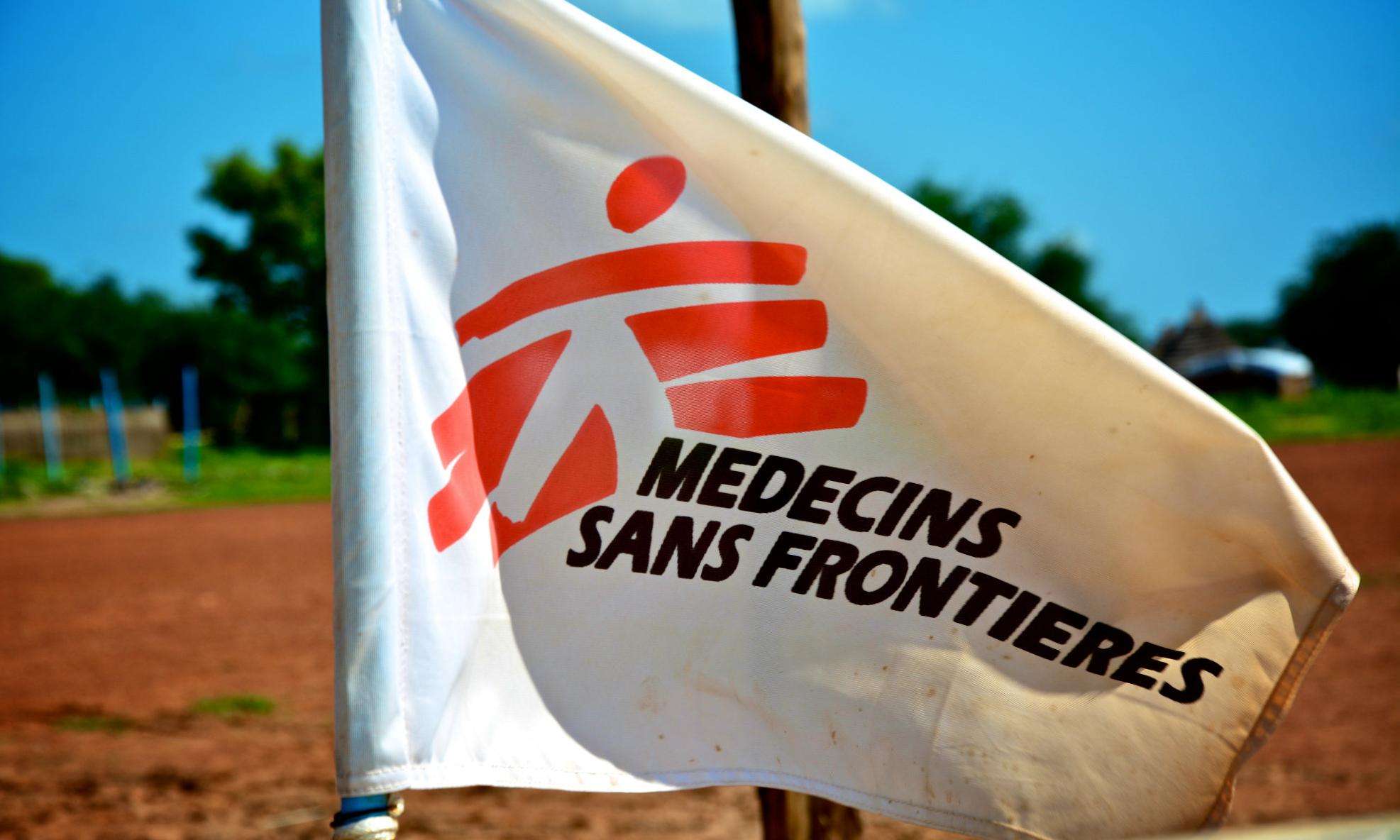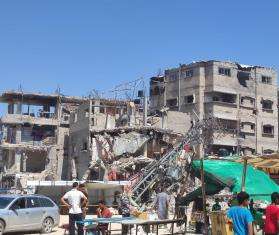NEW YORK/GENEVA, MAY 22, 2018—The international medical humanitarian organization Doctors Without Borders/Médecins Sans Frontières (MSF) welcomes the launch of the Global Research & Development (R&D) collaboration hub on antimicrobial resistance (AMR) announced at the World Health Organization’s World Health Assembly today. This German-led collaboration between governments, donors, and various stakeholders aims to promote research on AMR and encourage the creation of new and affordable antibiotics, diagnostics, and vaccines to help combat the global resistance crisis. This hub could help ensure that investments in AMR are needs- rather than profit-driven, and that the products created will work even in low-resource health settings like the ones in which MSF works.
There are few new antibiotics in the pipeline because, for decades, companies did not see the value in investing in drugs that are given sparingly and typically only for short periods of time.
“MSF has been witnessing, with alarming regularity, the challenges caused by antimicrobial resistance in our clinics—from war-wounded Syrians undergoing reconstructive surgery in Jordan to burn patients in Haiti to newborn babies in Pakistan to patients with MDR-TB in South Africa, India, and Eastern Europe.
“We are encouraged by the launch of the Global R&D Hub on AMR, which could be an important catalyst to address the urgent need for medical tools for use by people in real-life conditions to tackle the worldwide AMR crisis. With more than half a million new cases each year and around a quarter of a million deaths, MDR-TB also needs to be a key focus of the Hub.
“To provide a truly effective response, the AMR Hub has to go beyond business as usual and foster a cost-effective and sustainable R&D ecosystem that maximizes public return on investment and delivers effective new treatments that people need, that are adapted to the health contexts in which people are treated, and available and accessible at prices people can afford. A new diagnostic, medicine, or vaccine won’t do much good if the majority of the people who need it don’t have access.”
—Els Torreele, executive director of MSF’s Access Campaign



